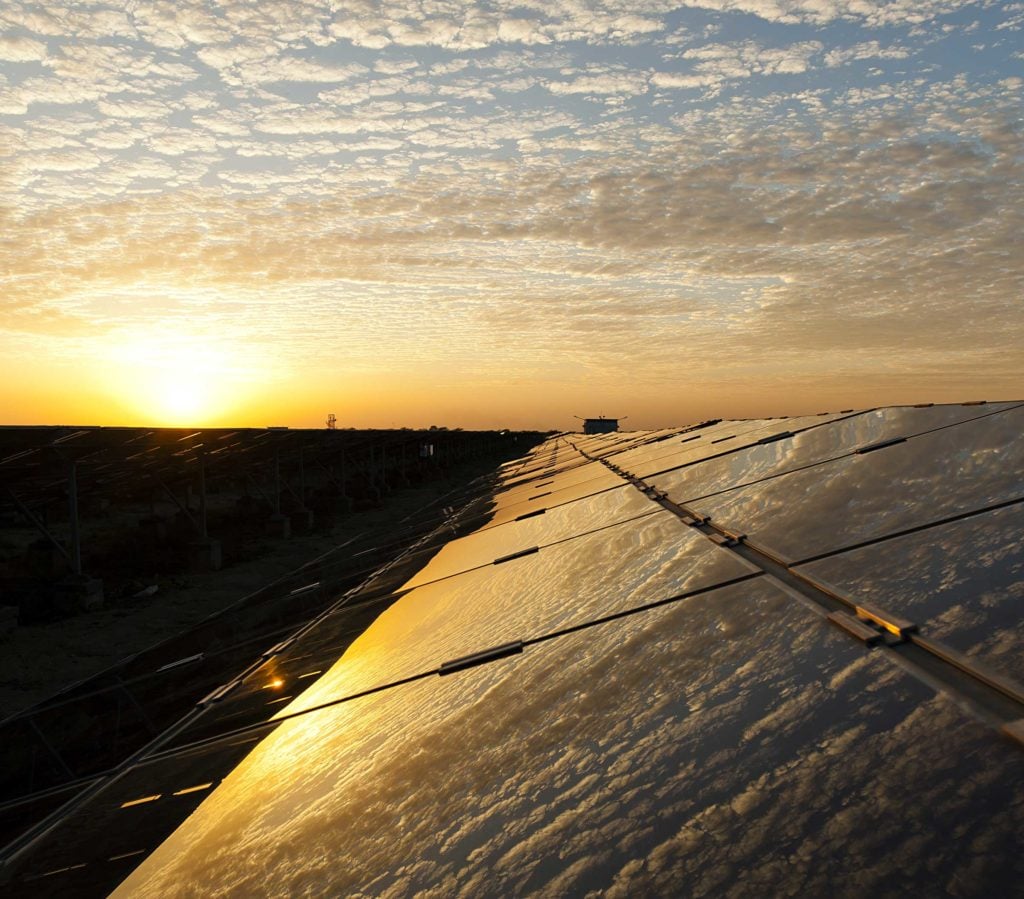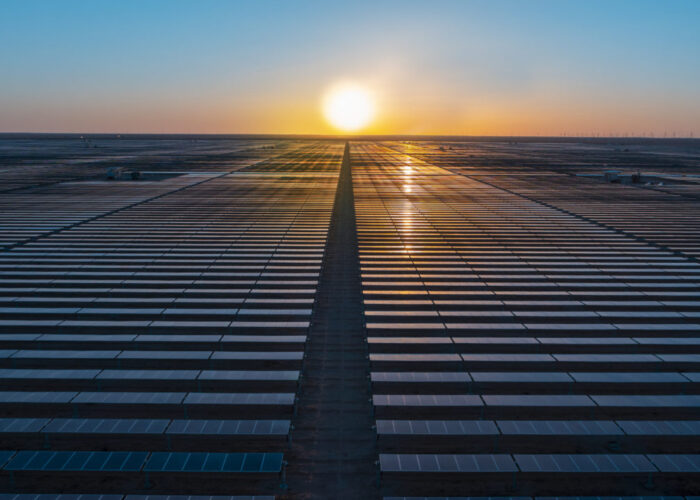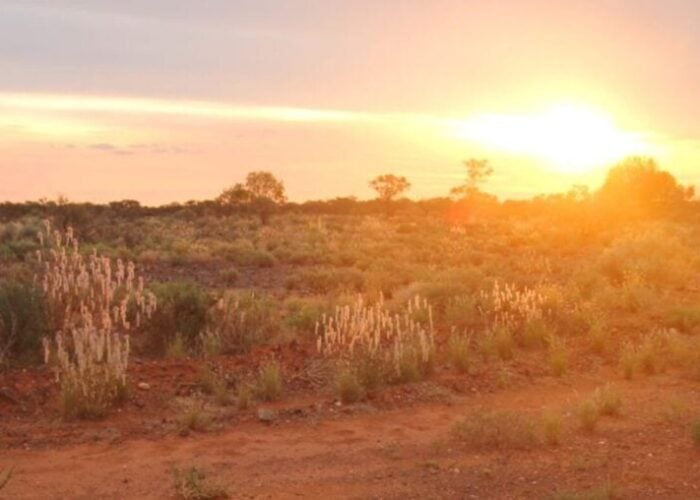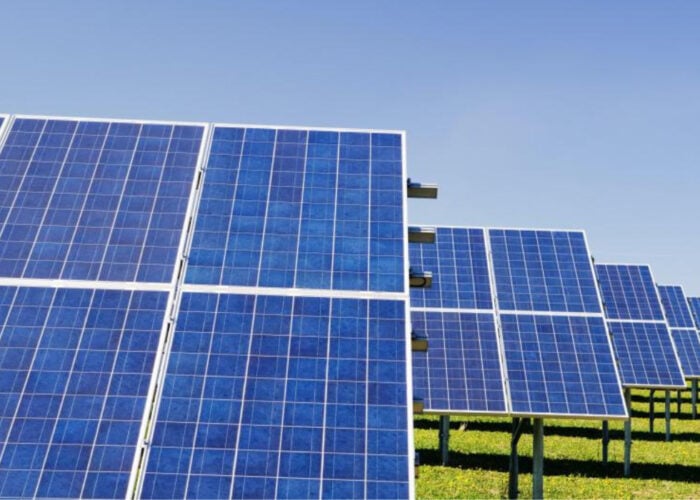
Indian renewable energy giant Adani Green Energy has signed a 5GW, 25-year power purchase agreement (PPA) with the Maharashtra State Electricity Distribution Company (MSEDCL).
The power will be produced at the Khavda solar park, a hybrid technology renewable energy generation facility with a maximum output of 30GW located in the Indian state of Gujarat. The projects which will supply the capacity will be developed over the next three years and connected to the Interstate Transmission System.
Unlock unlimited access for 12 whole months of distinctive global analysis
Photovoltaics International is now included.
- Regular insight and analysis of the industry’s biggest developments
- In-depth interviews with the industry’s leading figures
- Unlimited digital access to the PV Tech Power journal catalogue
- Unlimited digital access to the Photovoltaics International journal catalogue
- Access to more than 1,000 technical papers
- Discounts on Solar Media’s portfolio of events, in-person and virtual
The PPA was issued at a flat rate of INR2.70/kWh (US$0.03). Adani Green Energy – a subsidiary of Adani Group, India’s largest conglomerate – said that it was the largest solar PPA signed in India since 2020.
At the same time, Adani Power, the thermal energy subsidiary of Adani Group, signed a 1.6GW PPA with MSEDCL to supply thermal power to Maharashtra state.
Sagar Adani, executive director of Adani Green Energy said the deal was “a crucial step towards the country’s energy independence and building a sustainable future.”
Khavda solar
Adani has been the central firm behind the development of the Khavda solar project, which it says will be the “largest” in the world upon completion.
Earlier this year, the company commissioned a 1GW portion of the site as part of its plan to reach 30GW of generation capacity at Khavda in the next five years.
In late 2023, Adani closed a US$1.36 billion debt financing deal to support the development and construction of 2.1GW worth of PV at the site, which, at the time, brought the company’s Construction Financing Framework to US$3 billion.
Moreover, earlier this month Adani announced a joint venture (JV) with French energy major and utility TotalEnergies to build another 1.1GW PV portfolio at the site. For its part, Adani will contribute its assets to the JV while TotalEnergies will make a US$444 million equity investment.
A number of Indian state-owned utilities have also been involved in Khavda. Adani’s JV with TotalEnergies secured offtake deals with the state-owned Solar Energy Corporation of India (SECI), and the Gujarat state utility Gujarat Urja Vikas Nigam (GUVNL) has issued requests for proposals seeking capacity additions at Khavda.
More broadly, India’s solar market is recovering from a difficult couple of years. According to data from market research firm Mercom India, the first half of 2024 saw a 282% increase in solar deployments compared with 2023.
Outside of its solar development business, a spokesperson for Adani’s solar manufacturing subsidiary – Adani Solar – spoke with PV Tech at the RE+ renewable energy show in Anaheim, California last week. The company said it plans to “hold back” its plans to develop 10GW of polysilicon production capacity because of the global polysilicon price crunch and the highly competitive market situation.
It will still pursue 10GW of wafers, ingots, solar cells and module manufacturing capacity in India.







